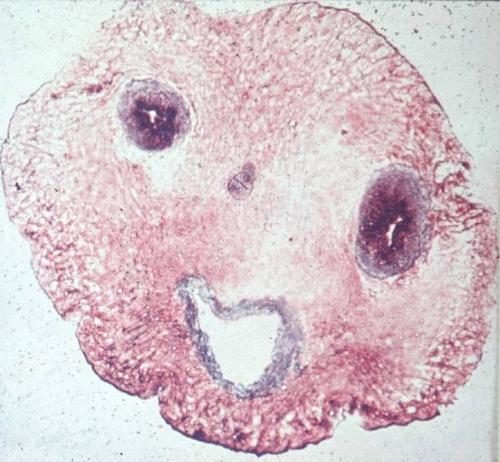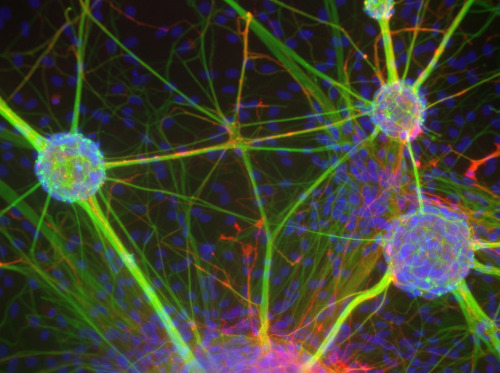The pilot episode of a new science show, Chemical Explorers, is oozing information about fuel cells and catalysts, and it makes several complicated chemistry concepts easy to understand.
It will take you into the Nocera lab at MIT, where postdoctoral scholar Matt Kanan has developed a remarkable new material for hydrogen production.
That substance, a cobalt catalyst, reduces the amount of energy that is necessary to break water molecules, and could be the solution to a longstanding problem: how to safely and efficiently feed fuel cells.
Since it is quite explosive, carrying huge tanks of hydrogen in your car would be dangerous. In theory, it would be possible to bring a jug of water instead and produce little bits of the gas on demand. By passing an electrical current through the ubiquitous liquid, anyone can make tiny bubbles of the earth-friendly fuel, but it takes a lot of energy to do that.
When one of the electrodes is covered with a thin layer of the nifty black substance, breaking hydrogen-oxygen bonds becomes much easier. So easy that the feeble current provided by a solar cell can do it.
If Nocera and his team can further improve upon the catalyst, we may start to see a lot of fuel cells on the road.
Although the first installment of Chemical Explorers, which aired on Monday, feels like a news segment, it has a timeless quality and thus could be a useful part of science lessons for years to come. Crammed with fancy graphics and footage from within a lab at MIT, the new show makes chalkboards seem as obsolete as fossil fuels
From http://blog.wired.com/wiredscience/2008/08/this-video-will.html
23.08.2008
Great Video! :)
Подписаться на:
Комментарии к сообщению (Atom)











0 +:
Dí lo que piensas...